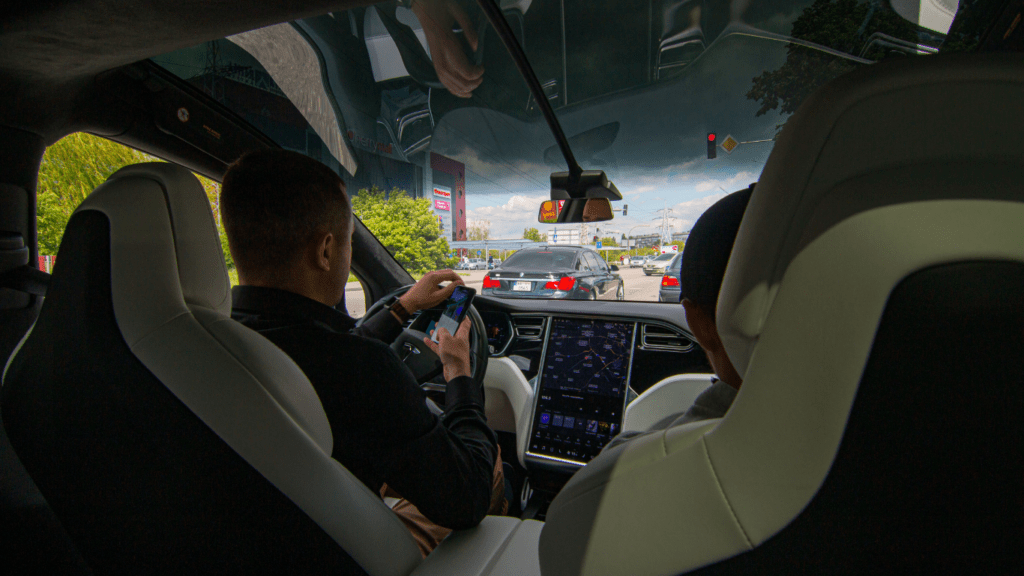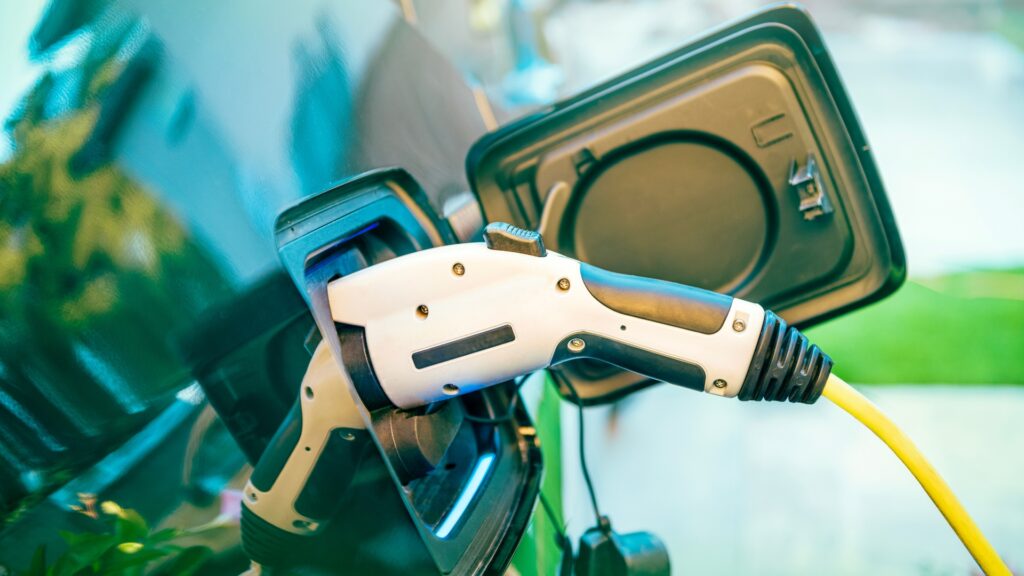As we step into 2024, the automotive industry continues to evolve with a strong focus on sustainability and eco-conscious innovations. In the realm of eco-friendly car technologies, the coming year promises groundbreaking advancements that are set to revolutionize the way we think about transportation. From electric vehicles to hydrogen fuel cells, the landscape of green automotive solutions is rapidly expanding, offering exciting possibilities for a more sustainable future on the road.
In this dynamic era of technological progress, staying informed about the latest eco-friendly car technologies is essential for both consumers and enthusiasts alike. As we delve into the realm of 2024, the horizon is brimming with potential for eco-conscious drivers seeking cutting-edge solutions that prioritize both performance and environmental responsibility. Join me as we explore the top eco-friendly car technologies to watch in 2024 and discover the innovations shaping the future of sustainable transportation.
Overview of Eco-Friendly Car Technologies for 2024
In 2024, the automotive industry is witnessing significant advancements in sustainable practices and eco-conscious technologies. Electric vehicles (EVs) and hydrogen fuel cells stand out as promising innovations that are reshaping the transportation landscape. Staying informed about the latest eco-friendly car technologies is crucial for consumers and enthusiasts alike, as the industry offers exciting prospects for a more sustainable future on the roads.
Advances in Electric Vehicle (EV) Technologies
In 2024, the automotive industry continues to witness remarkable advancements in Electric Vehicle (EV) technologies, shaping the future of sustainable transportation. Let’s delve into the latest developments in this exciting field.
New Battery Technologies
In the realm of Electric Vehicles, the focus is on enhancing battery technologies for improved performance and efficiency. Manufacturers are exploring innovative materials like solid-state batteries that offer higher energy density and faster charging capabilities. These developments aim to address the range anxiety associated with EVs and make electric vehicles more accessible to a broader audience.
Improved Charging Infrastructure
One key aspect driving the adoption of electric vehicles is the expansion of charging infrastructure. In 2024, we see a surge in the development of fast-charging stations powered by renewable energy sources. The emphasis is on creating a seamless charging experience for EV owners, enabling them to recharge their vehicles quickly and conveniently, thereby promoting the widespread adoption of electric vehicles.
Innovations in Hybrid Vehicles
I’ll delve into the advancements in hybrid vehicles, focusing on innovations that are driving sustainability in the automotive industry even further.
- Advances in Regenerative Braking
Regenerative braking is a key feature in hybrid vehicles that captures and stores energy normally lost during braking. This technology allows the vehicle to convert kinetic energy into electrical energy, which is then stored in the battery for later use. By harnessing this energy, hybrid vehicles improve overall efficiency and reduce fuel consumption, making them environmentally friendly options for modern drivers. - Enhanced Fuel Efficiency
Enhancements in fuel efficiency are at the forefront of hybrid vehicle innovations. By utilizing a combination of traditional internal combustion engines and electric power, hybrid vehicles can achieve significantly improved fuel economy compared to conventional gasoline vehicles. The seamless integration of electric motors and advanced engine management systems optimizes fuel usage, reducing emissions and promoting a cleaner, more sustainable driving experience.
The Rise of Hydrogen Fuel Cell Vehicles
The Mechanics Behind Hydrogen Cars
Hydrogen fuel cell vehicles utilize a simple yet innovative technology. In these cars, hydrogen gas reacts with oxygen from the air in the fuel cell to produce electricity, powering the vehicle. This process creates only water and heat as byproducts, making hydrogen fuel cell vehicles a clean and efficient alternative to traditional internal combustion engine vehicles.
Environmental and Practical Benefits
The environmental impact of hydrogen fuel cell vehicles is significant. They produce zero tailpipe emissions, reducing air pollution and greenhouse gas emissions. With quick refueling times similar to traditional gasoline vehicles and a longer driving range compared to electric vehicles, hydrogen cars offer practicality and convenience without compromising environmental sustainability.
Future Prospects and Challenges
In considering the future of eco-friendly car technologies, it is essential to acknowledge the role of legislation and government policies, as well as market adoption and consumer acceptance.
Legislation and Government Policies
I expect that in the coming years, governments worldwide will continue to implement stricter emission regulations to incentivize the development and adoption of eco-friendly car technologies. These regulations may include higher fuel efficiency standards, emissions limits, and tax benefits for electric and hybrid vehicles. By aligning policies with environmental goals, governments can drive innovation in sustainable transportation and create a more conducive environment for eco-friendly car technologies to thrive.
Market Adoption and Consumer Acceptance
As eco-friendly car technologies evolve, the key challenge lies in accelerating market adoption and ensuring widespread consumer acceptance. Manufacturers need to educate consumers about the benefits of eco-friendly vehicles, such as lower operating costs, reduced environmental impact, and potential government incentives. Increasing public charging infrastructure and enhancing vehicle performance and driving range are crucial factors in boosting consumer confidence in electric and hybrid vehicles. Overcoming range anxiety and addressing initial higher costs through incentives and subsidies will be pivotal in broadening the appeal of eco-friendly cars to a larger consumer base.




